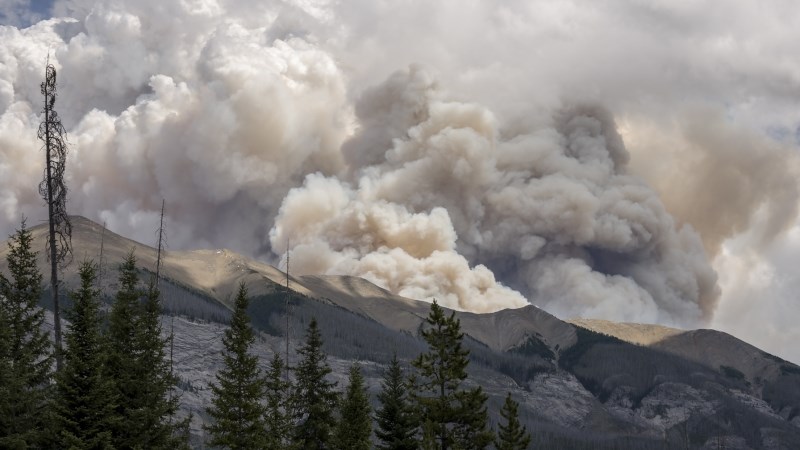Over the past year alone, Indigenous communities in B.C. and throughout Canada have been severely drought, wildfires, floods and temperature changes related to climate change.
First Nations, Inuit, and Metis people are uniquely sensitive to the impacts of climate change given their close relationship to land, water, animals, plants and natural resources.
Earlier this month, the National Collaborating Centre for Indigenous Health (NCCIH) which is housed at the University of Northern British Columbia (UNBC), contributed to research on how climate change impacts Indigenous Health.
The federal government released the report the Health of Canadians in a Changing Climate: Advancing or Knowledge for Action and the NCCIH team contributed to the second chapter of that report which is specific to climate change and Indigenous people’s health in Canada.
Dr. Margo Greenwood, NCCIH academic lead and her team found that the health impacts of climate change on First Nations, Inuit, and Métis peoples are interconnected and far-reaching.
“Climate change highlights and adds to existing inequities. In this time of climate crisis, we must change our relationships so that we are not destroying the earth and all its ecosystems. We know that what we do to the land, we do to ourselves.”
How climate change impacts Indigenous health
The chapter explains that the changing climate will exacerbate the health and socio-economic inequalities already experienced by Indigenous peoples including respiratory, cardiovascular, water-and foodborne, chronic and infectious diseases, as well as financial hardship and food insecurity.
This is because natural hazards, coupled with unpredictable and extreme weather events, can result in temporary or long-term evacuations from traditional territory in addition to a greater risk of injurty and death from accidents on the land.
Infrastructure damage or instability due to climate change, particularly in northern and remote locations may also restrict access to health systems and supplies.
The research says that climate change threatens First Nations, Inuit, and Metis peoples’ way of life, resilience, cultural cohesion and opportunities for the transmission of Indigenous knowledge and land skills particularly among youth.
“Our chapter is based on literature we could compile that is changing as fast as the climate is changing. We see profound knowledge gaps that need to be addressed. Listening and learning from what people are doing on the ground in their communities is key,” said NCCIH manager Donna Atkinson.
“Indigenous Peoples have been observing and adapting to changing environments since time immemorial. However, with mounting hazards such as major fires and floods, we are seeing that evacuation and dislocation have profound impacts on Indigenous Peoples — amplifying the ongoing displacement of colonization. We have to learn to do things better.”
Indigenous-led research and solutions are needed
It is important to note that this is the first time an Indigenous-specific chapter has been included as part of Canada’s national climate change and health assessment.
The researchers state that even though Indigenous knowledge systems are increasingly recognized, both nationally and internationally, as critical in adapting to climate change and informing climate change policy and research, Indigenous communities continue to be impacted.
“Climate change is disrupting First Nations, Inuit and Métis peoples’ ability to be on the land. This results in fewer opportunities to pass on important knowledge, skills and practices to younger generations,” said NCCIH Research Associate Roberta Stout.
The chapter emphasises that First Nations, Inuit and Metis people are rights holders. The researchers also note the importance of understanding that health impacts are experienced differently within and between First Nations, Inuit, and Métis men, women, boys, girls, and gender-diverse people.
The researchers say that preparing for the health impacts of climate change requires that Indigenous Peoples’ rights and responsibilities over their lands, natural resources, and ways of life are respected, protected, and advanced through Indigenous-led climate change adaptations, policies and research.


